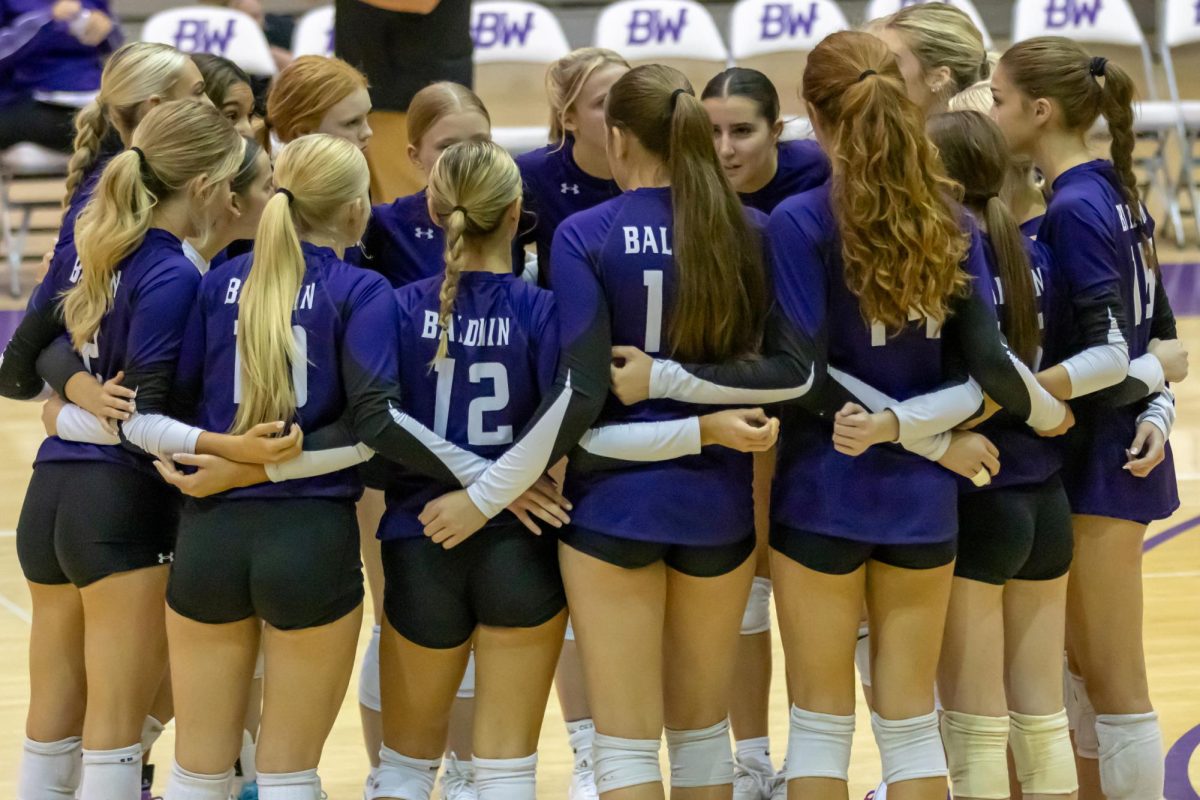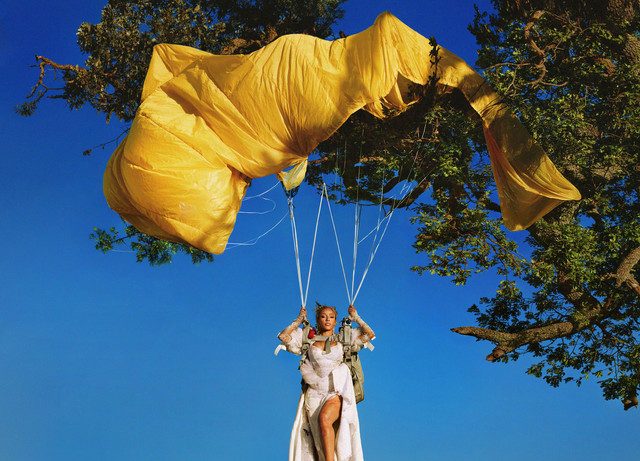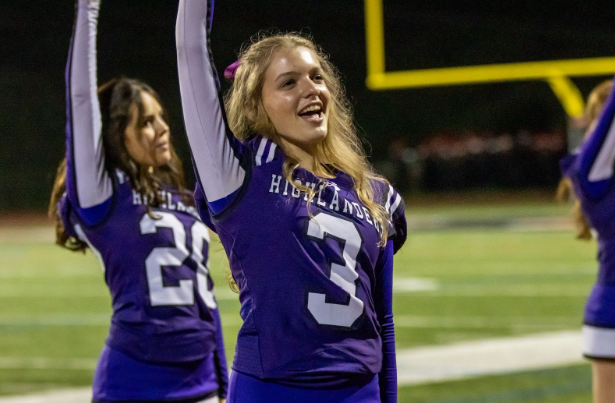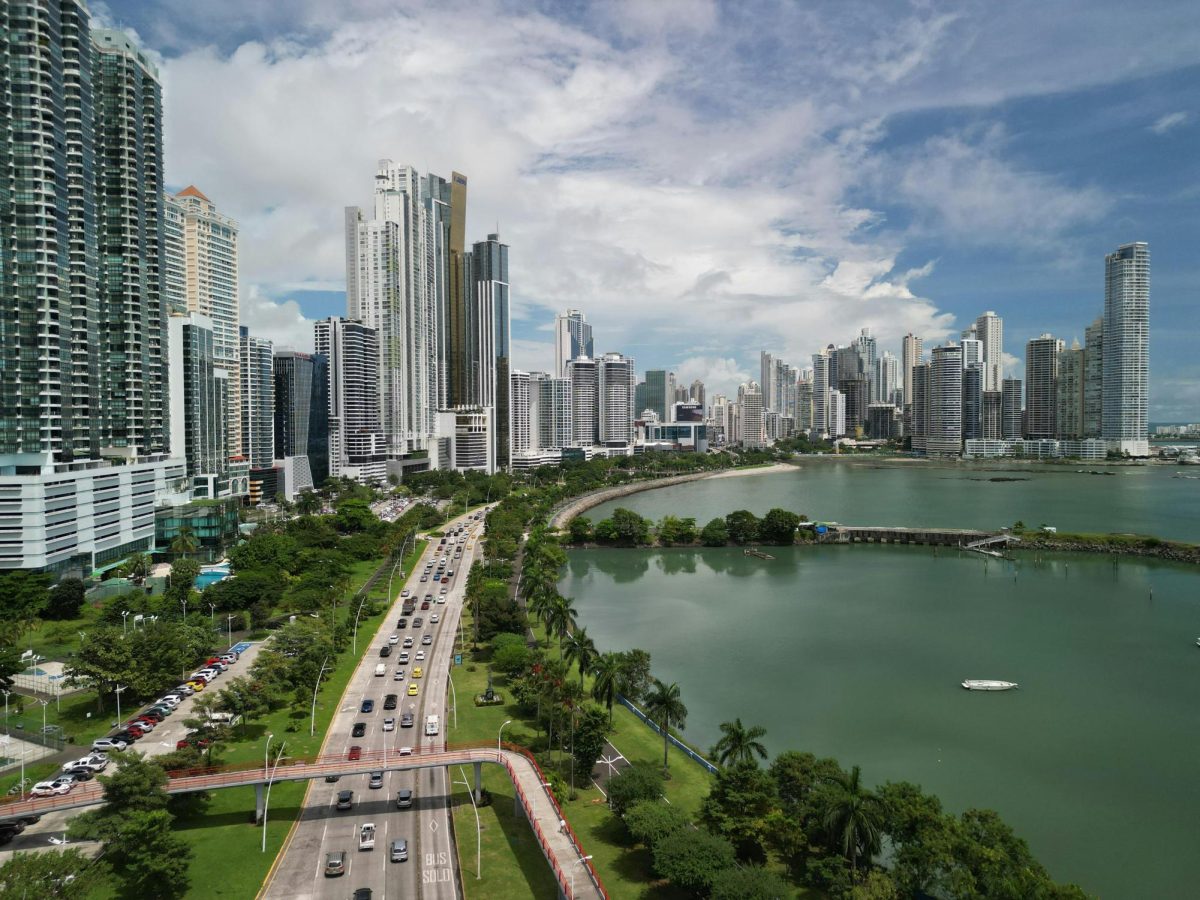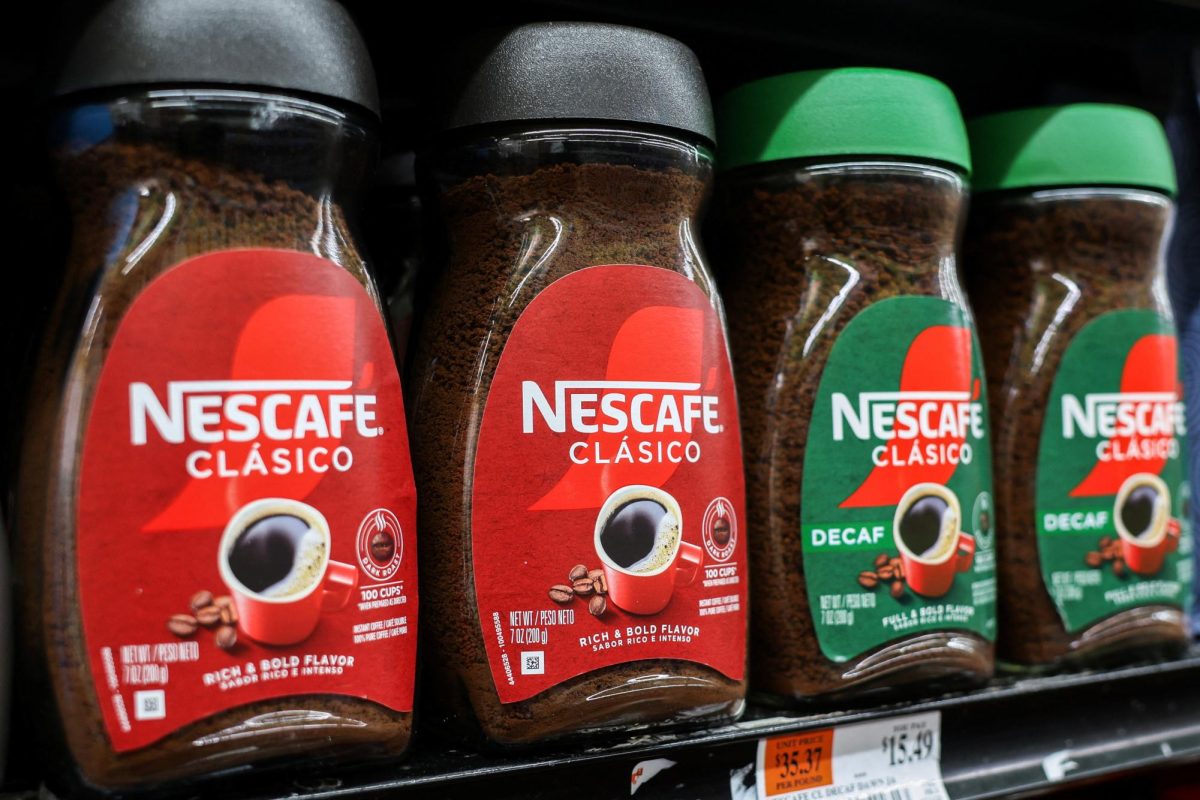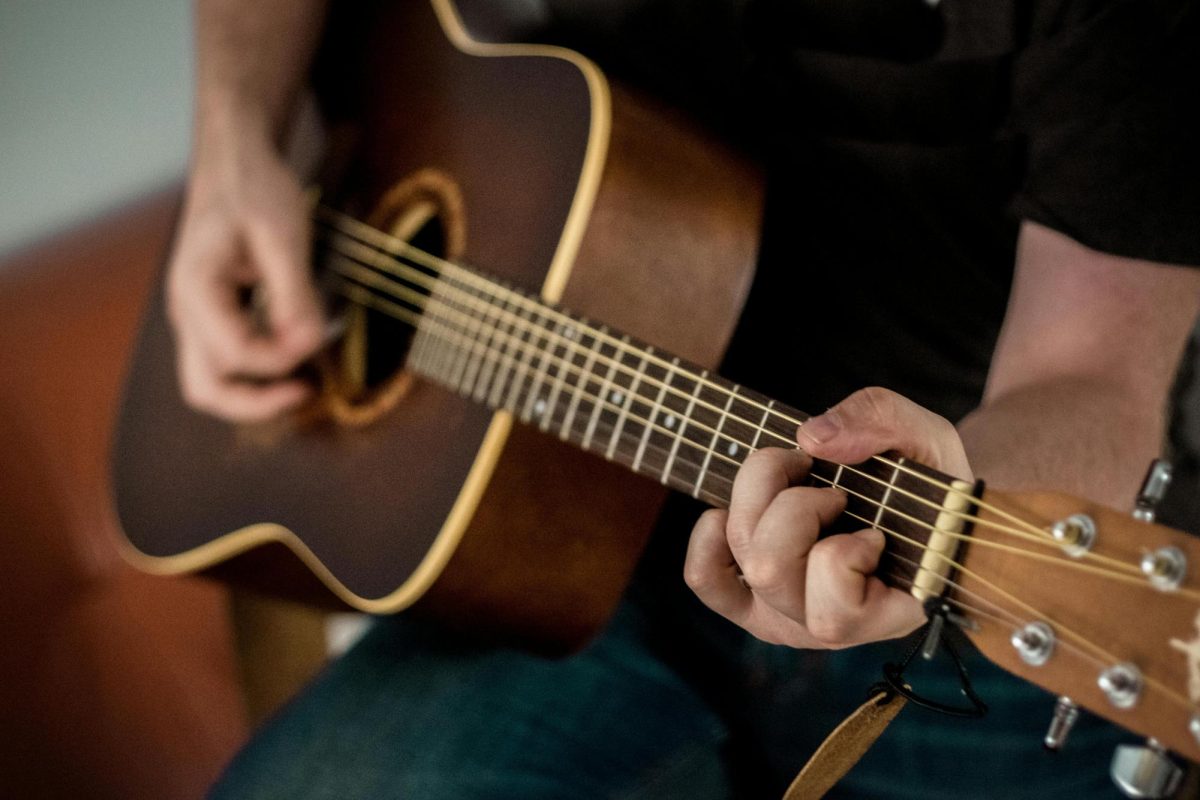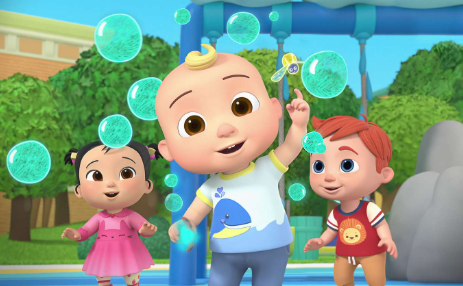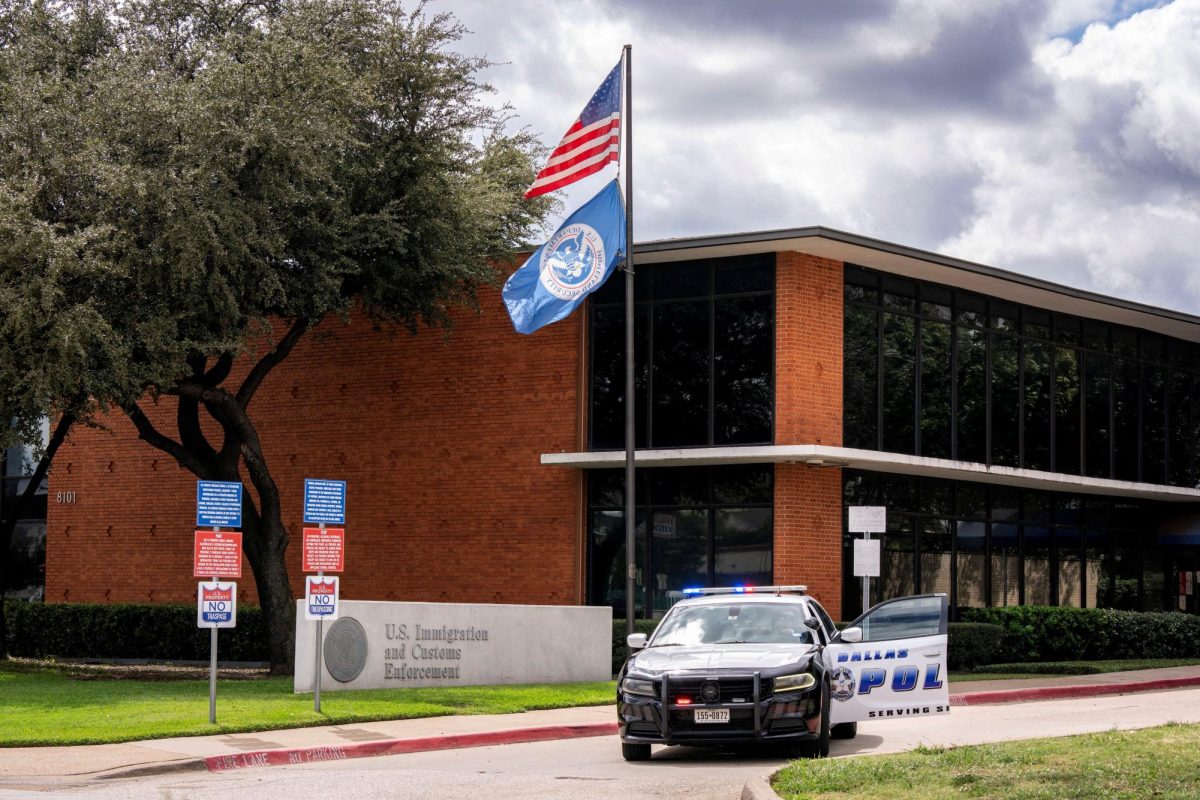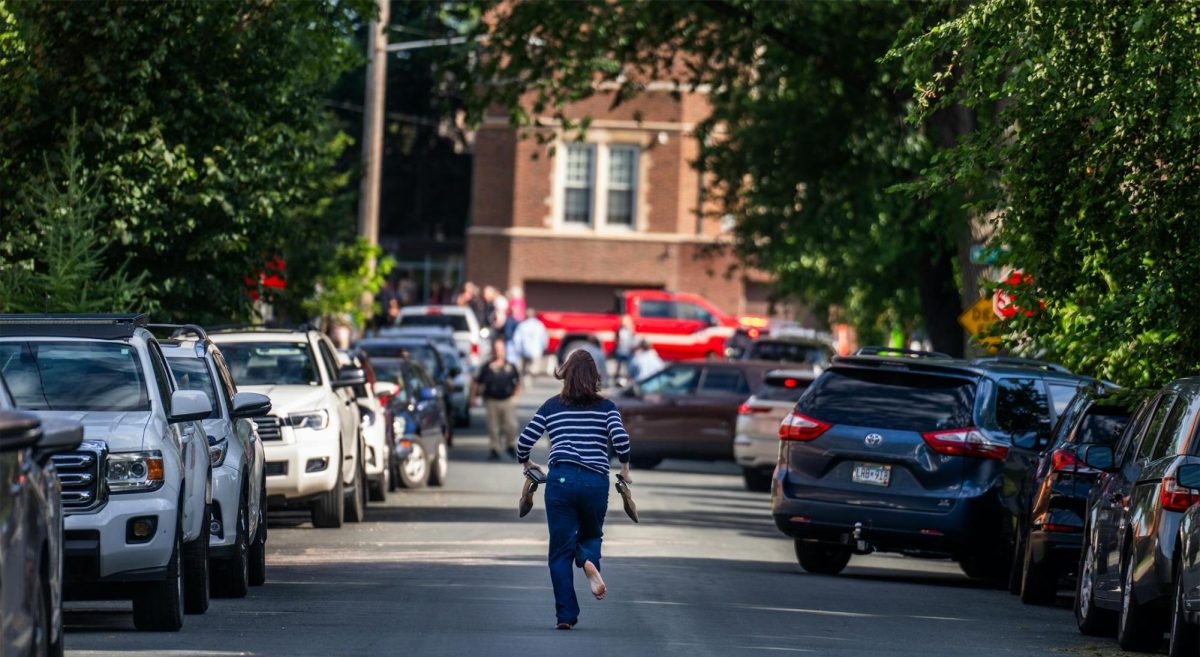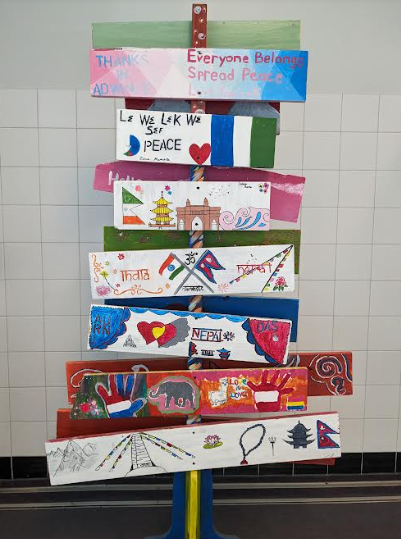
The name of the second Monday of October has become a matter of debate: Should it be called Columbus Day or Native American Heritage Day?
Federally, this day is recognized as Columbus Day, but according to People Magazine, 12 states and more than 100 cities recognize this day in honor of Native Americans.
So why the debate?
Those who believe the day should be renamed say that Christopher Columbus represents the colonization of the Americas and the subsequent death of millions of Natives. They believe that naming the day after him honors the legacy of genocide.
Many of those against renaming Columbus Day believe that colonization, while a dark part of the nation’s history, was necessary for Western civilization to develop. Moreso, many Italian-Americans fear losing celebrations of their heritage.
It is important to remember Christopher Columbus’ part in the country’s history, but honoring him should be optional. It is impossible to comprehend American history without understanding Columbus and colonization; however, education doesn’t happen on a calendar.
There are countless other explorers who aren’t honored in the way Christopher Columbus is. Their names are still remembered in history, but they do not have federal holidays.
However, replacing Columbus Day with Native American Heritage Day isn’t the best solution.
November is Native American Heritage Month. Trying to fit a day for remembrance so close to then feels like a poor attempt to reduce Native American history.
Instead, the second Monday in October should be a day for every American to celebrate their own ethnic backgrounds.
This doesn’t have to come at the expense of Native American history. Instead, Indigenous peoples’ past strife should be emphasized in the education system. Also, Native American Heritage Month should be as widely celebrated as Black History Month and Women’s History Month.
The American public is extremely diverse. People originate from all corners of the globe.
Dedicating a day to celebrating all ethnicities – European, Asian, Middle-Eastern, African, Indigenous, Latin, and more – would create a multicultural celebration that highlights the cultural differences in American society.

